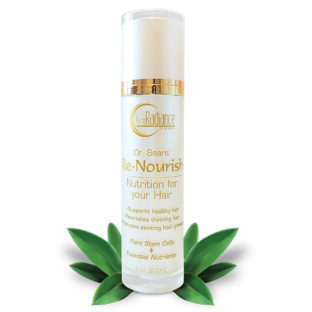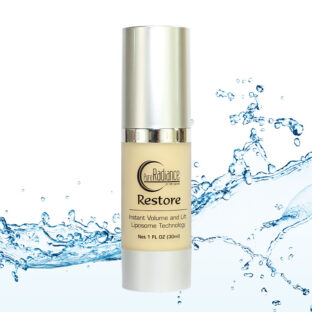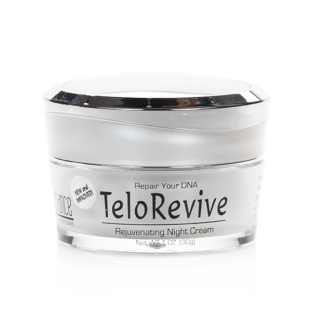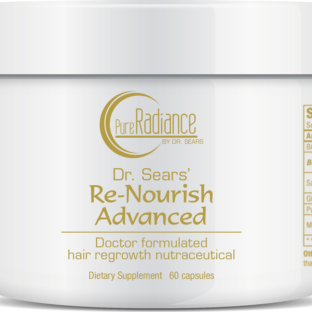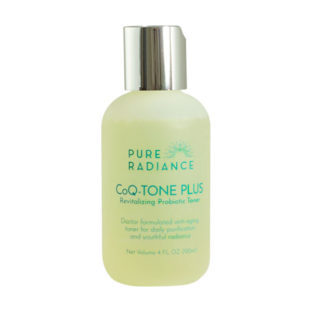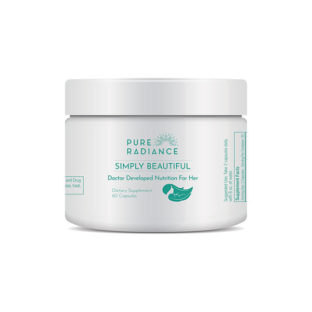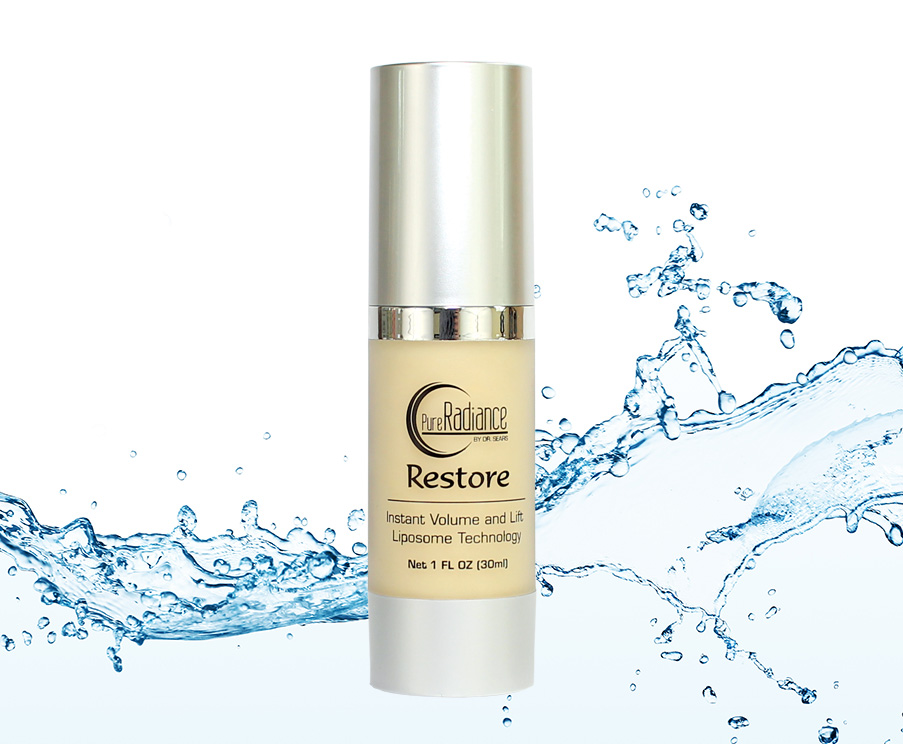
If you’re like many of the women who visit my Palm Beach Institute for Anti-Aging Medicine, your greatest fear can be summed up in one word — cancer.
That’s why I often discuss the best ways of cutting your cancer risk with patients.
This is not what you’ll hear from your doctor. Traditional medicine will only talk to you about regular checks and mammograms. They may even tell you it’s in your genes — but it’s not.
I truly believe in the old saying: “An ounce of prevention is worth a pound of cure.”
And when it comes to hormone-related cancers, like breast and ovarian cancer — prevention is always the best option.
In a minute, I’m going to tell you about a great Mediterranean delicacy that helps cut your risk of hormone-related cancers.
But first, let’s take a look at breast cancer. The main hormone linked to breast cancer is estrogen.
This hormone stimulates breast-cell division and triggers breast growth during puberty.
Estrogen also helps regulate other hormones that stimulate breast-cell division.
That’s why women with a higher lifetime exposure to estrogen tend to have a higher risk of breast cancer.
But breast cancer is preventable and there are a number of steps you can take to reduce your risk…
- The first thing I’d tell you about prevention is to keep your weight under control. Body fat encourages production of the hormone. So staying trim cuts your risk.
- Cut down your alcohol consumption. Excess alcohol intake is directly linked to breast cancer. So drinking in moderation will also cut your risk.
- Regular exercise works, too. For one thing, regular exercise helps you stay trim. But it also tends to extend your menstrual cycles. Fewer cycles means less exposure to estrogen.
But another method of prevention is to take in phytoestrogens, or PEs.1
These compounds mimic estrogen and bind to the hormone’s receptors in your body, keeping estrogen molecules from connecting. The result is that you have less exposure to estrogen.
Soy is the most common source of PEs. But I don’t recommend eating unfermented soy. Unfermented soy is loaded with toxins that interfere with digestion, depress thyroid function, and can cause red blood cells to clump together.
Fortunately, there’s a much better alternative: sesame.
Sesame contains phytoestrogens called lignans. Studies show that sesame lignans interfere with hormone-related cancers in several ways. They promote healthy cholesterol and blood pressure levels.2
You can cook with sesame oil. Use it in place of vegetable oil in your salad dressing or when preparing your meats and sautéing vegetables.
But my favorite way to enjoy sesame is as tahini.
This simple paste or butter made from toasted, ground sesame seeds common in North African and Greek cuisine is easy to make. And it’s also available in most supermarkets and online.
A two-tablespoon serving of tahini is packed with cancer-fighting lignans. Plus it has significant amounts of magnesium, a key mineral for bone health, heart function, and cell signaling… calcium, necessary for bone and blood vessel health… and the B vitamin folate, which is essential for maintaining a sharp mind and memory.
Try it on vegetables instead of butter or blend it with a little plain yogurt and lemon juice to make a Middle Eastern salad dressing… or just use it as a simple veggie dip.
It’s delicious — and it will also give you peace of mind.
To Your Good Health,
Al Sears, MD
1 Lowcock, E.C., et al, “Consumption of flaxseed, a rich source of lignans, is associated with reduced breast cancer risk, “Cancer Causes Control. Apr 2013; 24(4): 813-816.
2 Harikumar, K.B., et al, “Sesamin manifests chemopreventive effects through the suppression of NF- kappa B-regulated cell survival, proliferation, invasion, and angiogenic gene products,” Mol Cancer Res. May 2010 ;8(5): 751-761 s


